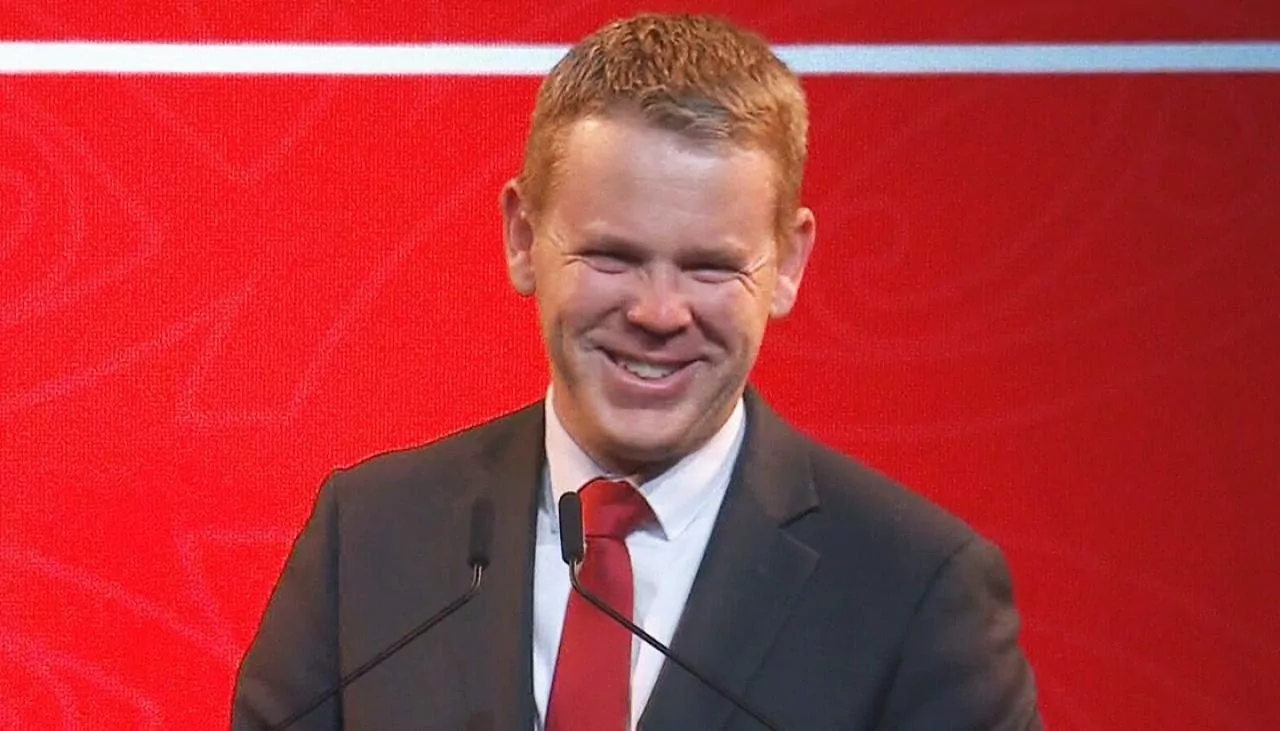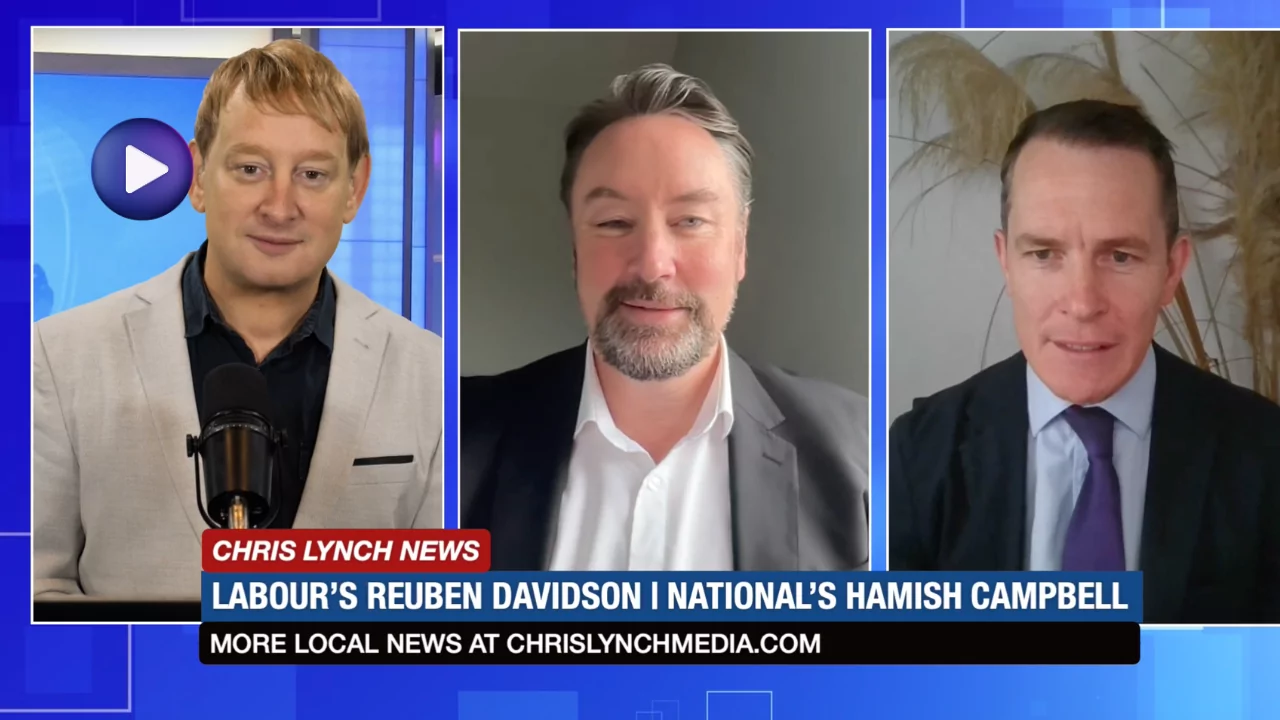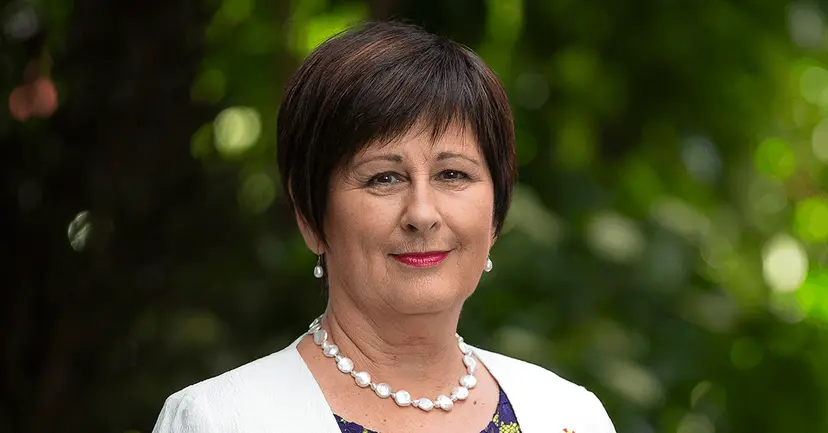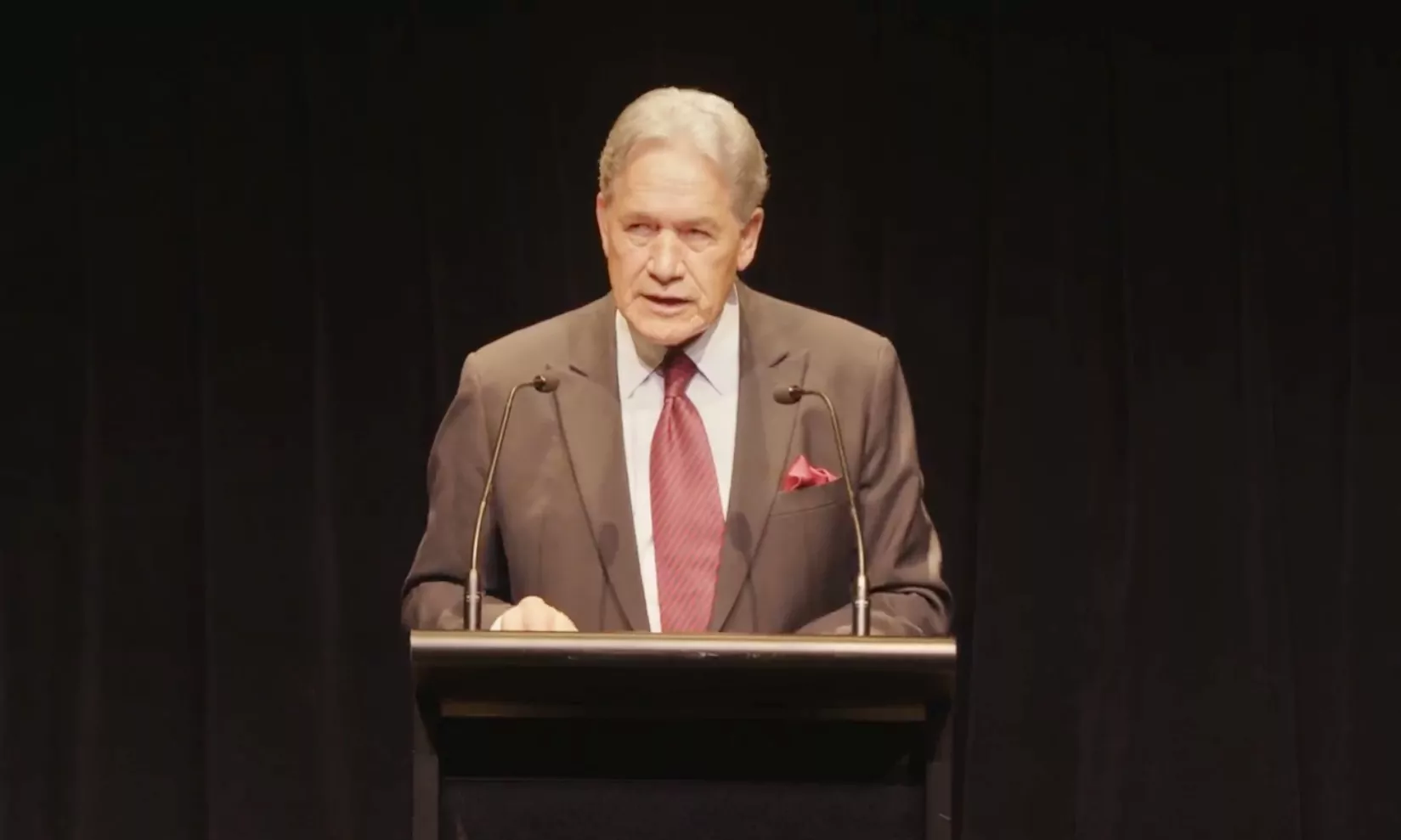Escaped youth tracked by Eagle helicopter, found hiding in New Brighton
The young person who escaped from a youth justice facility in Rolleston has been located...

Labour has overtaken National to become the the most popular party in Parliament, according to the latest Taxpayers’ Union-Curia Poll, marking a potential shift in the political landscape just weeks after the Government’s Budget announcement.
The poll, conducted between 7 and 9 June, shows Labour rising 1.6 points to 34.8 percent, while National fell 1.1 points to 33.5 percent. This gives Labour a projected 44 seats, up three, with National remaining steady on 42.
Despite the shift, the Coalition Government could still cling to power. The Centre-Right bloc holds a combined 62 seats, down one from last month, while the Centre-Left rises to 60, up two.
In the preferred Prime Minister poll, Christopher Luxon is down from last month to 20.3% (-4.2%) while Chris Hipkins is down 1.5 points to 18.5%.
Winston Peters is at 8.0% (-0.1 points). David Seymour is at 6.0% (-0.7 points) and Chlöe Swarbrick is at 5.6% (+0.6 points).
ACT holds at 12 seats, the Greens drop one to 10, New Zealand First drops to 8, and Te Pāti Māori remains steady on 6.
Among minor parties, The Opportunities Party has risen to 1.8 percent, Outdoors and Freedom to 1.1 percent, the New Conservatives to 0.7 percent, and Vision NZ sits at 0.6 percent.
In a significant shift in public sentiment, the economy has overtaken the cost of living as the top concern among voters for the first time since October 2024.
Twenty point two percent of respondents identified the economy as their main concern, up 3.7 points. The cost of living fell sharply to 18.1 percent, down 8.3 points. Health came in at 11.9 percent and employment at 5.8 percent.
Taxpayers’ Union spokesman James Ross said the results should concern the Government.
“Labour taking the lead and growing concern over the economy should be a worrying sign for the Government in the first Taxpayers’ Union-Curia poll since the Budget. Voters are losing faith in the managed decline on offer.”
“With inflation finally under heel, cost of living has slipped off the top spot for the first time in over three years. But lower interest rates don’t make a sound economy on their own.”
“The so-called Growth Budget’s only pro-growth policy offered a 1 percent boost to GDP over 20 years, spiralling debt and no credible pathway back to surplus,” Ross said. “Growth wins votes, stagnation doesn’t.”
The poll surveyed 1,000 eligible New Zealand voters via phone and online. It has a margin of error of plus or minus 3.1 percent.


